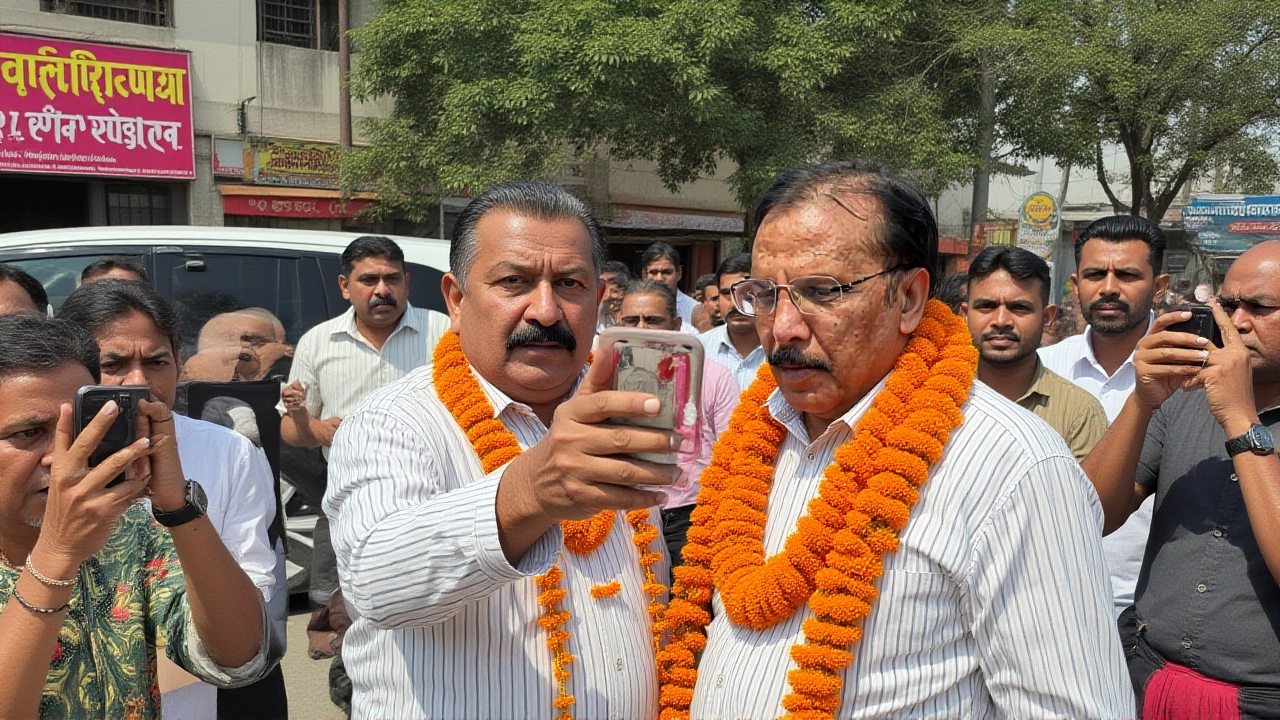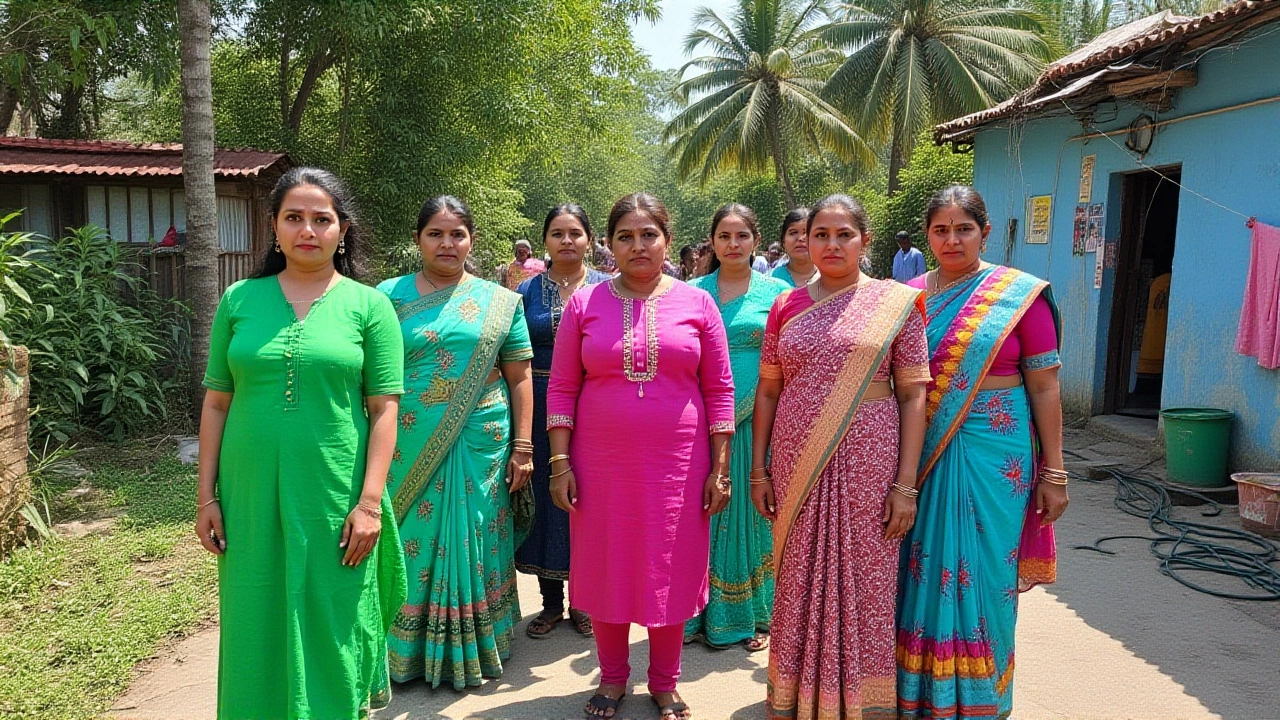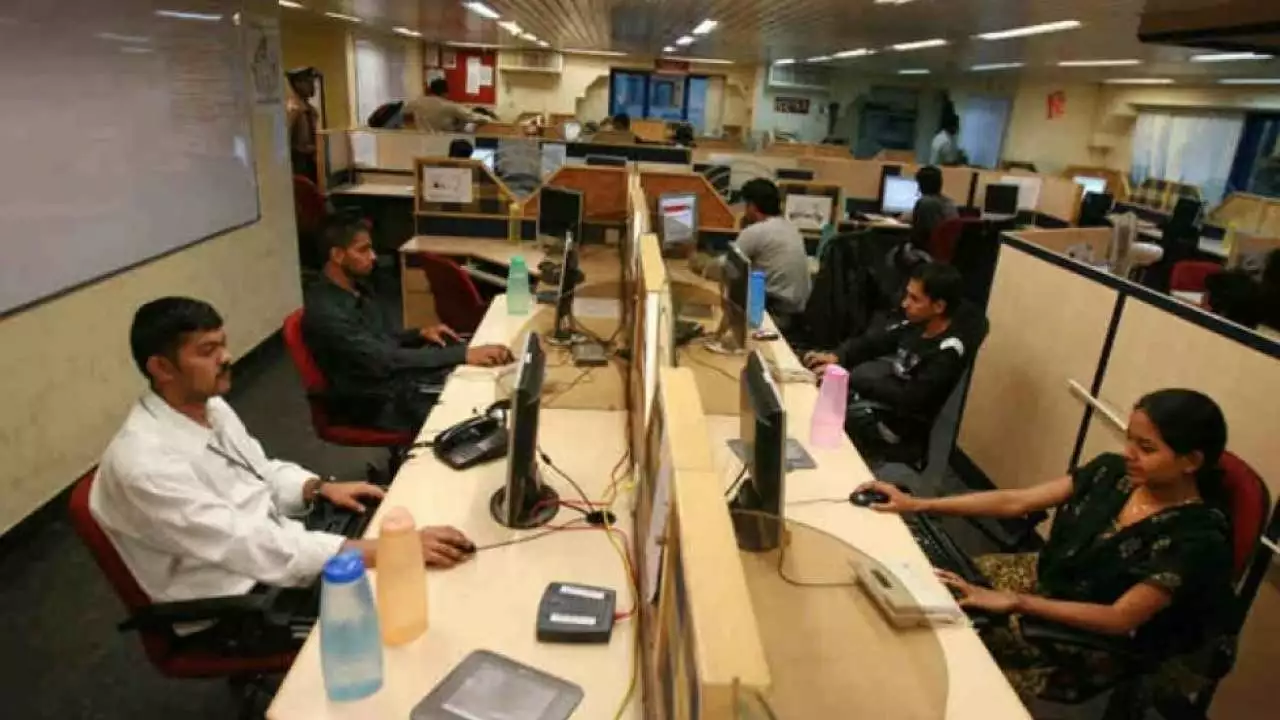Government and Politics: Real Talk on Indian Government Jobs
Ever wonder why a government job in India doesn’t always feel like a dream come true? You’re not alone. Many fresh graduates and seasoned workers chase the security and prestige of a public‑sector post, only to hit roadblocks that make the experience feel more like a slog than a win. Below, we break down the biggest pain points – from stale processes to sluggish promotions – so you know what you’re really signing up for.
The Innovation Gap
One of the biggest complaints is the lack of room for new ideas. Government offices often run on rules that were written decades ago, and changing them can be a bureaucratic marathon. When a fresh approach could speed up a process, the system forces you to stick with the old form. That rigidity makes it hard for employees to feel creative or see the impact of their suggestions. In short, you end up doing the same tasks the same way, day after day.
Career Growth and Pay
Security and steady income sound great, but the reality is that salary hikes in the public sector lag far behind the private world. Even though promotions exist, they move at a crawl. A junior officer might wait years for a step up, while a private‑sector peer climbs the ladder faster and earns more. This mismatch can leave you feeling stuck, especially when you’ve put in extra hours or taken on tough projects that never translate into a bigger paycheck.
Besides the pay scale, the promotion system often depends on seniority rather than performance. You could be the most efficient person in the department, but if you haven’t been there long enough, the next rank remains out of reach. That seniority‑first mindset can be demotivating and discourages a merit‑based culture.
Another downside is the work environment itself. Many government offices still operate with outdated infrastructure – think slow computers, paper‑heavy filing, and limited access to modern tools. When you’re trying to get work done, those inefficiencies eat up time and add frustration. It’s not just about comfort; lack of proper tech can actually limit what you’re able to achieve.
So, why do people still go for these jobs? The answer is simple: job security. In a volatile economy, a guaranteed salary and pension are hard to ignore. Plus, some roles come with benefits like housing allowances, medical coverage, and a clear retirement plan. Those perks can outweigh the downsides for many, especially those who value stability over rapid career growth.
If you’re weighing a government job, ask yourself what matters most. Do you need a rock‑solid pension and a predictable routine? Or are you looking for fast advancement, higher pay, and a space to innovate? Knowing your priorities will help you decide whether the public sector fits your goals or if you’d be better off hunting in the private market.
Bottom line: government jobs in India offer a mix of security and constraints. They can be a good fit for those who value stability, but they often fall short on creativity, rapid promotion, and competitive salaries. Understanding these trade‑offs ahead of time can save you from disappointment and help you chart a career path that truly works for you.


